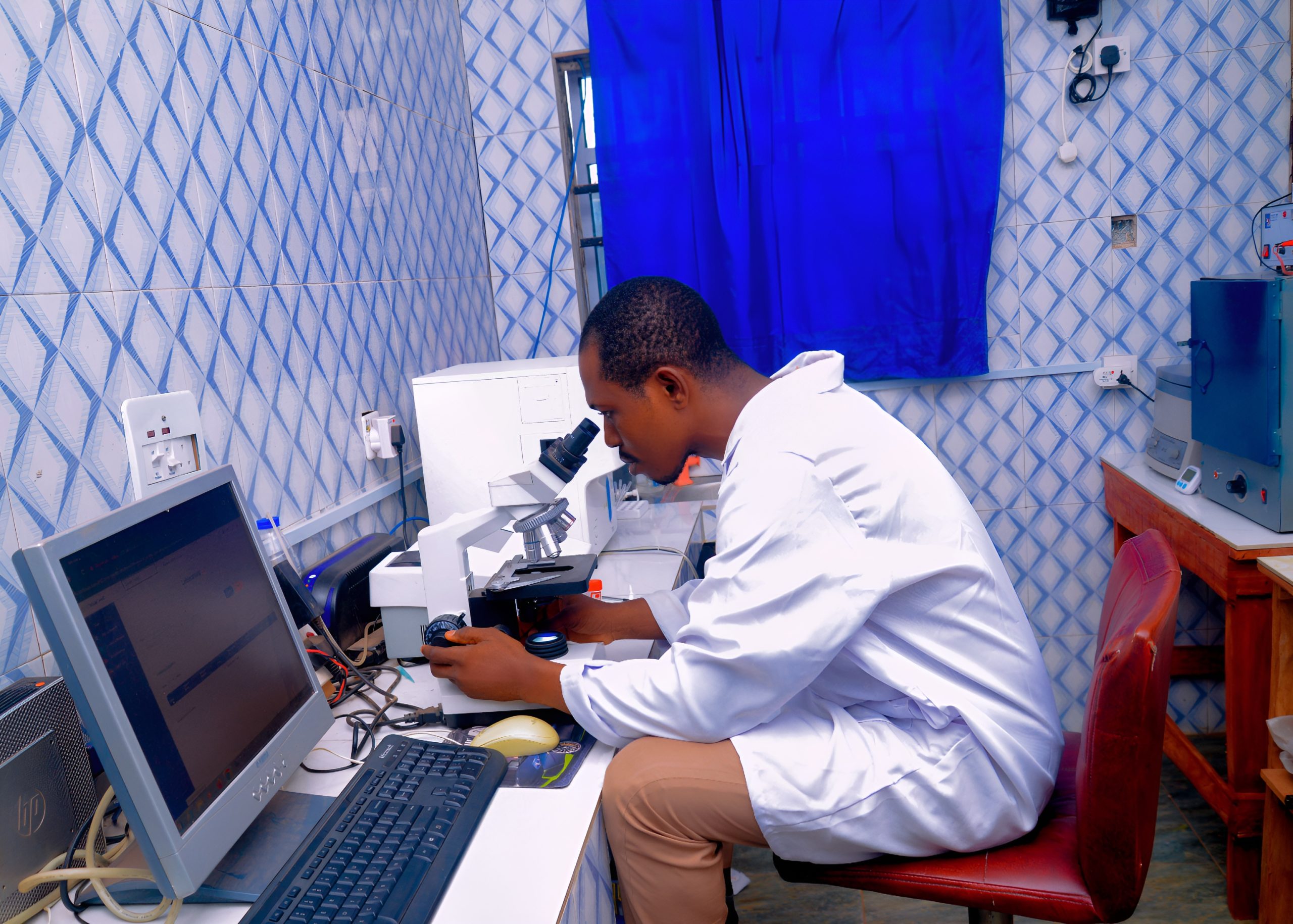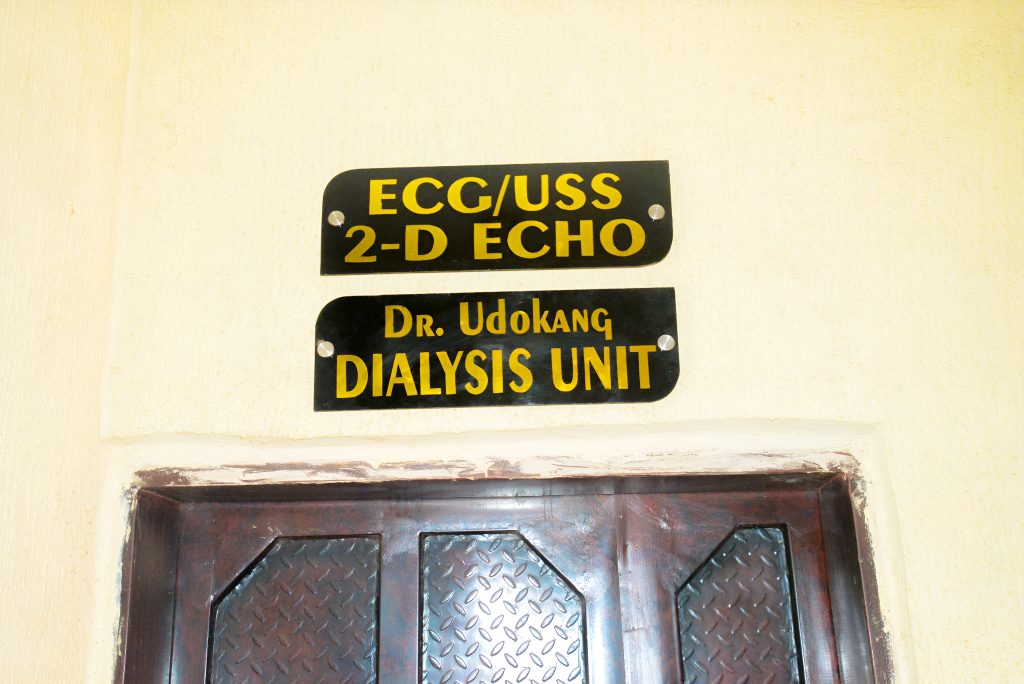
- Posted by : josyconsult87@gmail.com
- Health Care
- Why doctors order more tests
- medical tests
- reasons for medical testing
- diagnostic tests and Health care Screening
1. To Confirm or Rule Out a Diagnosis
Many symptoms—like fatigue, pain, or dizziness—can be linked to multiple conditions. A blood test, imaging scan, or specialized screening helps narrow things down. Doctors don't want to guess; they want facts. Tests help confirm a suspected diagnosis or rule out more serious possibilities.
Example: Chest pain could be heart-related, but it could also be acid reflux or muscle strain. An EKG or cardiac enzymes test helps distinguish between the possibilities.
reported by the Mental Health Foundation. Compare this to those who do have some level of mental health problems and have generally reported eating less healthy foods and more unhealthy foods. Feelings of well-being can be protected by ensuring that our diet is full of essential fats, complex carbohydrates, vitamins and minerals.
2.To Get a Full Picture of Your Health
Your doctor may already have a working diagnosis, but they may need more information to understand how it’s affecting your body. This is especially important for chronic conditions like diabetes, high blood pressure, or kidney disease.
Example: If you have high blood sugar, your doctor might also order kidney function tests and cholesterol levels to check for related complications.


3. To Monitor Treatment Progress
Sometimes, the goal of more testing is to see how well a treatment is working. If you're on medication, receiving therapy, or recovering from a procedure, your doctor may want to ensure your body is responding as expected.
Example: After starting thyroid medication, repeat blood tests help adjust the dosage to the right level.
4. Preventing Future Health Issues
Preventive screenings—like mammograms, colonoscopies, or annual blood work—are essential for detecting conditions early, often before symptoms appear. Early detection can make treatment easier and more effective.
Doctors rely on clinical guidelines backed by research. Sometimes, even if your symptoms seem minor, best practices recommend further testing to rule out serious conditions or follow standard care protocols.
Sometimes, one test isn’t enough. A borderline or unclear result may need more specialized testing for clarification.
Example: If liver enzymes come back elevated, your doctor might order an ultrasound or additional labs to understand what’s happening.
What You Can Do
It’s okay to have questions about your care. If you're unsure why a test is being ordered, here are a few things you can ask your doctor:
What are you looking for with this test?
Is it urgent, or can it wait?
What will the results tell us?
Are there risks or costs I should know about?
Open communication leads to better, more personalized care.
---
Final Thoughts
More tests don’t always mean more bad news—they often mean your doctor is being thorough, careful, and committed to getting you the best outcome. By understanding the purpose behind testing, you can feel more confident and informed on your healthcare journey.
Still have questions? Don’t hesitate to reach out to our team. We’re here to support you every step of the way.
